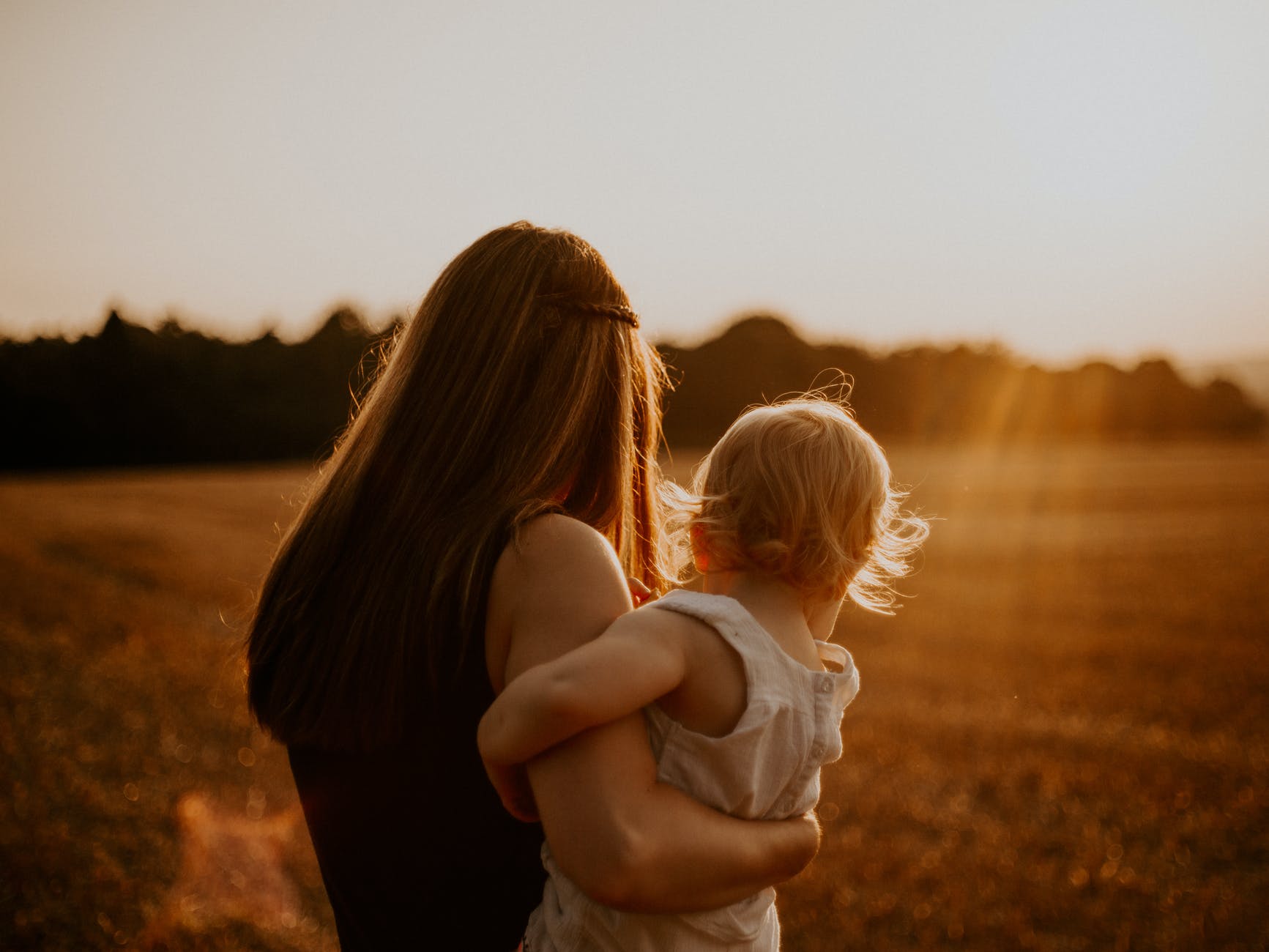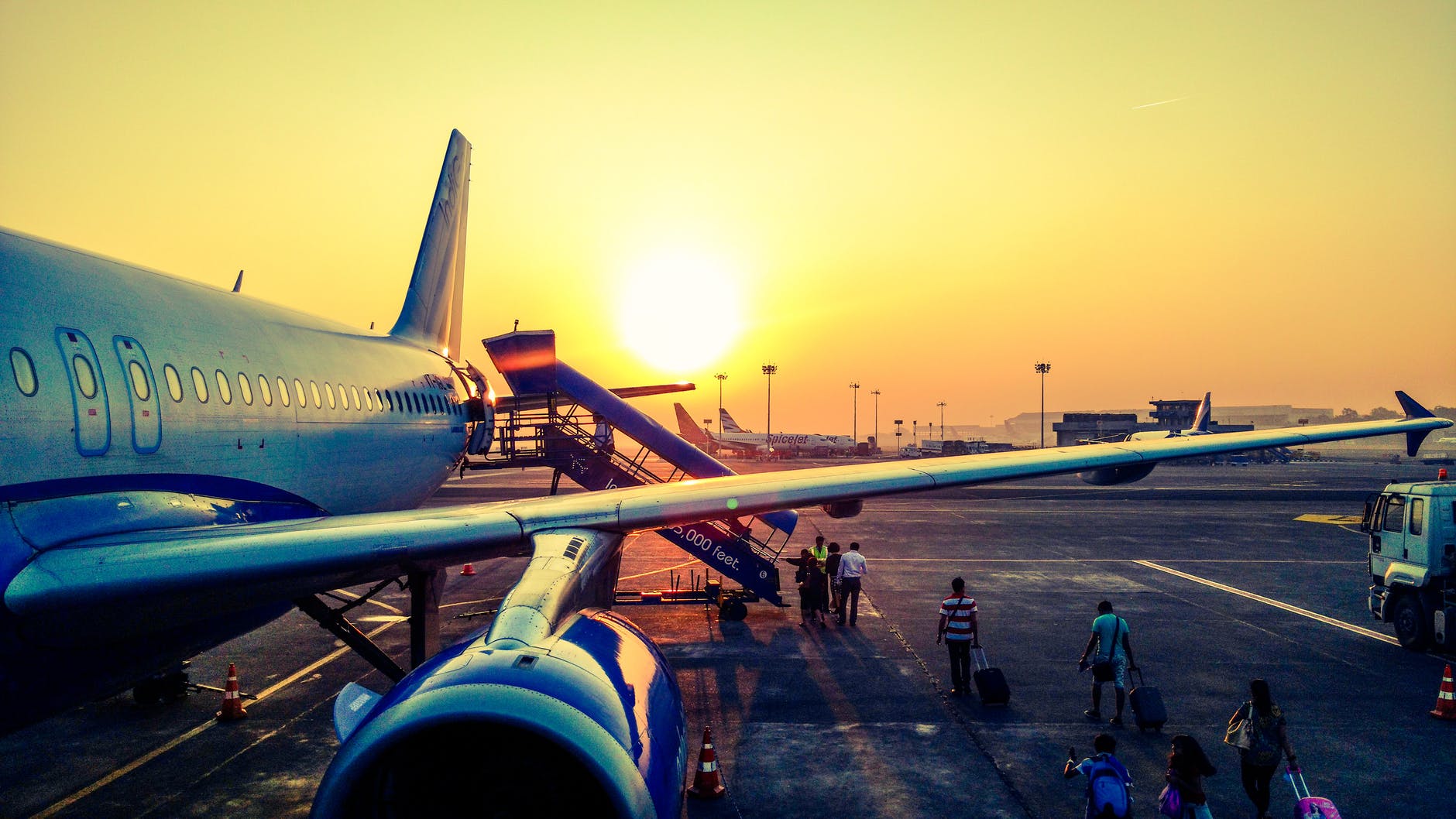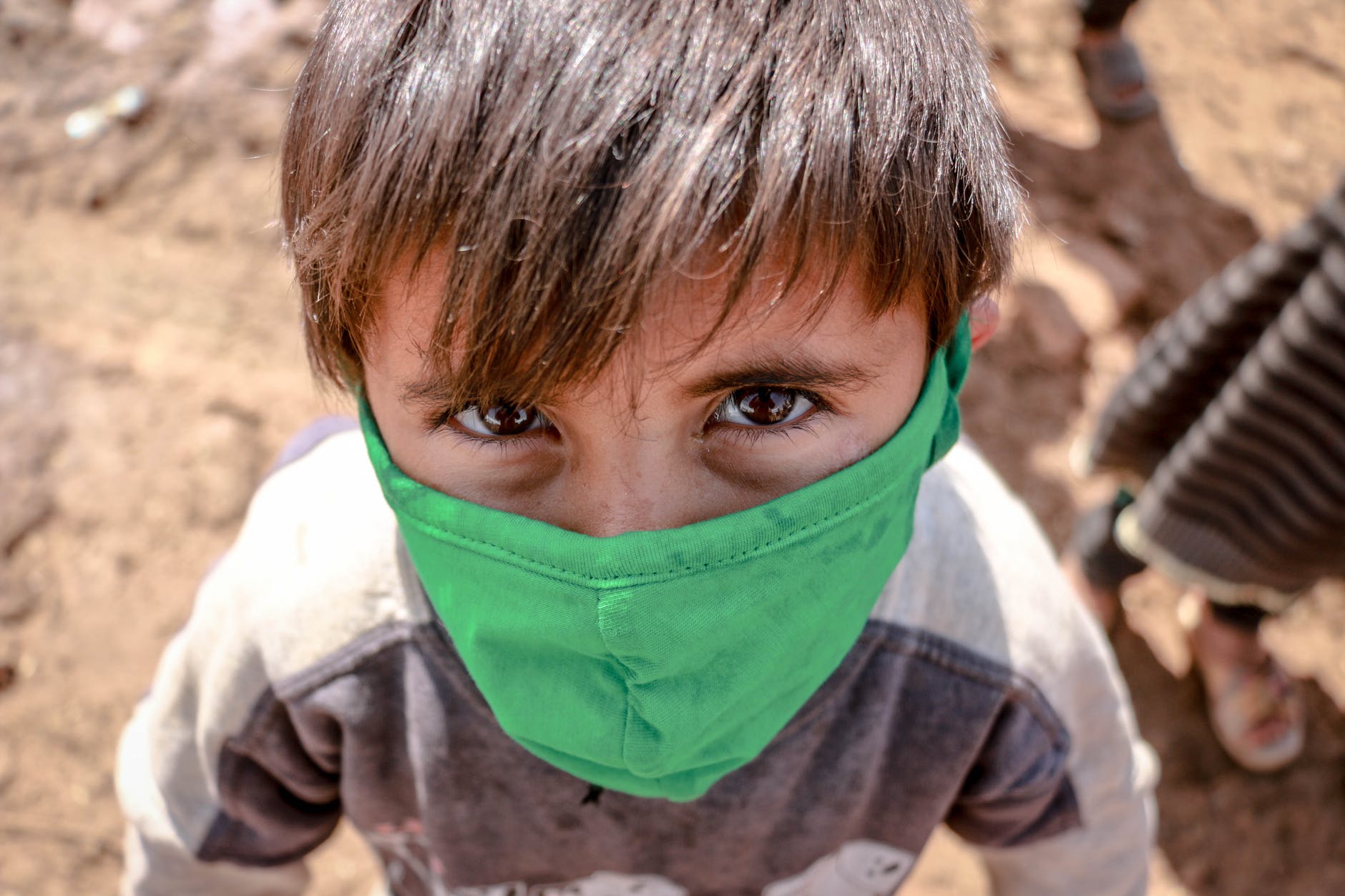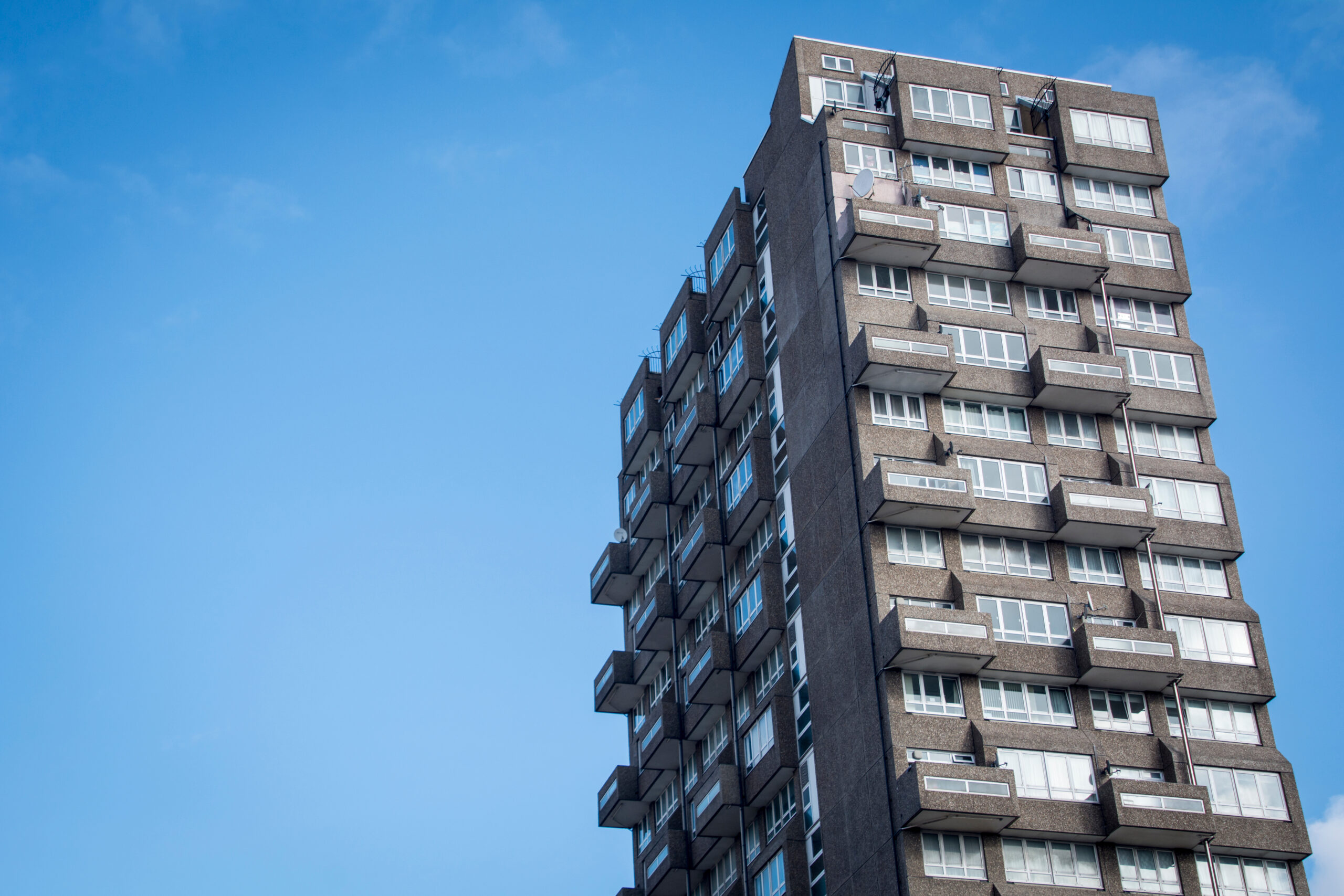As the situation in Afghanistan has forced many civilians out of their homes the UK’s refugee resettlement policies have once again been cast into the limelight. In this article we will take a look at the current policies the Home Office has in place for people who find themselves in this unfortunate situation, and analyse what has been said in terms of the UK’s plan to allow Afghan refugees into the country.
Resettlement schemes offered by the UK
The UK operates three resettlement schemes: The UK Resettlement Scheme (UKRS), Community Sponsorship Scheme, and Mandate Resettlement Scheme. These schemes act as the foundations which allow the UK to play a supporting role in humanitarian crisis, to try and help save lives and get people to a safer environment than what is available in their country of origin. The Home Office is informed, within these schemes, by the United Nations High Commissioner for Refugees (UNHCR), which is the internationally recognised and UN mandated agency for dealing with refugees.
While the resettlement schemes in the UK have come under some criticism in the past, in Home Office claims to not be bias against anyone because of potential employability or successful integration predictions.
UK Resettlement Scheme (UKRS)
Under this route, the UK will offer legal and safe passage to refugees who fit into the following categories:
- Legal and/or Physical Protection Needs;
- Survivors of Violence and/or Torture;
- Have Medical Needs;
- Women and Girls at Risk;
- Family Reunification;
- Children and Adolescents at Risk;
- Lack of Foreseeable Alternative Durable Solutions
The amount of people the UK takes in under this scheme is determined by available funding and local authorities’ capacity for supporting refugees.
Unaccompanied children will always be prioritised, and will be reunified with their parents as soon as possible.
Community Sponsorship Scheme
This scheme is pretty much how it sounds, where people directly support and welcome a resettled family into their local community. It is a very pleasant concept and scheme which shows the value and life changing potential of human decency.
Community Sponsorship is accessible to refugees under the same criteria as the UKRS, set out in the bullet points above.
Mandate Resettlement Scheme
The Mandate Resettlement Scheme is a global scheme and resettles recognised refugees with a close family member in the UK who is willing to accommodate them. However, in the same sense as the previous schemes, these refugees must be assessed by the UNHCR before being eligible.
Security checks
Like with any immigration routes, those wanting to come to the UK will have to undergo security checks, which are handled by the UNHCR. Red flags that may hinder or delay a person’s successful entry to the UK could be:
- military service;
- involvement with the government authorities including any arrests or periods
of detention;
- past involvement in the conflict they are fleeing from;
- links to terrorism/extremism;
- certain occupations;
- travel history.
How are refugees allocated to certain areas?
For the UKRS, refugees are matched to a local authority that can provide suitable accommodation and the appropriate support for those being resettled, through the regional Strategic Migration Partnership (SMP). Refugees are matched to a local authority that can provide suitable accommodation and the appropriate support for those being resettled.
Through Community Sponsorship, refugees are allocated to a suitable community group who has been formally approved as a sponsor. Local authorities must consent to each Community Sponsorship application and agree to the group accepting the proposed refugee family.
Refugees resettled through the Mandate Resettlement Scheme are accommodated and supported by a family member living in the UK.
Arrival in the UK
An arrivals team will arrange for families resettled through the UKRS and Community Sponsorship Scheme to travel to the UK six to eight weeks after they have been allocated accommodation (depending on the host country exit permit process). This may be on a scheduled or chartered flight. There will also be an escort to accompany families to the UK and they will be greeted by representatives from their receiving local authority or community sponsor group on arrival.
Further support
Health care support, travel arrangements and cultural orientation are all elements that the Home Office can support refugees with. For example, if a refugee has a health issue appropriate support will be given to them. Likewise, if forms have to be filled in or biometric information has to be taken, staff will be available to help make sure it is all done correctly.
Also, all adults arriving through the UKRS and Community Sponsorship Scheme anywhere in the UK should receive a minimum of eight hours’ English language tuition a week in their first year.
The Afghan citizens’ resettlement scheme
In light of the recent situation in Afghanistan, the Home Office has announced it will launch an Afghan citizens’ resettlement scheme.
At present, the scheme is said to welcome up to 5,000 vulnerable Afghans to the UK, who have been forced to flee the country, in its first year, with up to a total of 20,000 in the long-term.
What do we think?
We believe that it is the duty of every country and government to offer safety to those who can no longer remain in their own country due to conflict or persecution. The three standard resettlement schemes in place in the UK do a decent job as a backbone for allowing such action to take place. Of course, the security measures in place are necessary, but we wonder if there is a way to streamline the process more, so that when such severe situations arise like the current goings on in Afghanistan, help can be accessed quicker.
The Afghan citizens’ resettlement scheme is a good start, and we hope that many people will benefit from it. As time goes by, we would not be surprised if it becomes necessary for the UK to home more than the 20,000 limit they have initially set for the long-term plan.
Have questions? We are here for you!
Call us on 020 7928 0276, phone calls are operating as usual and will be taking calls from 9:30am to 6:00pm.
Email us on info@lisaslaw.co.uk.
Use the Ask Lisa function on our website. Simply enter your details and leave a message, we will get right back to you: https://lisaslaw.co.uk/ask-question/
Or, download our free app! You can launch an enquiry, scan over documents, check progress on your case and much more!
Links to download below:
iPhone: https://apps.apple.com/us/app/lisas-law/id1503174541?ls=1
Android: https://play.google.com/store/apps/details?id=com.lisaslaw











